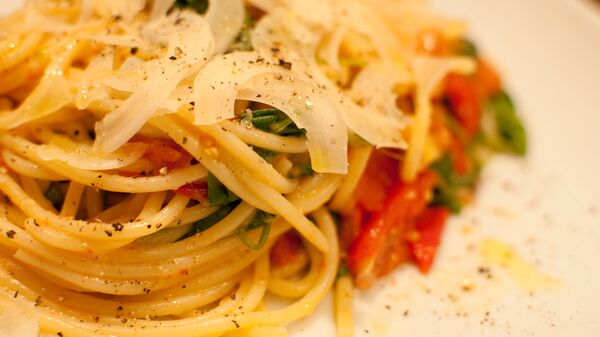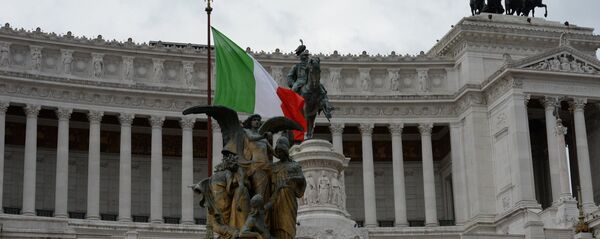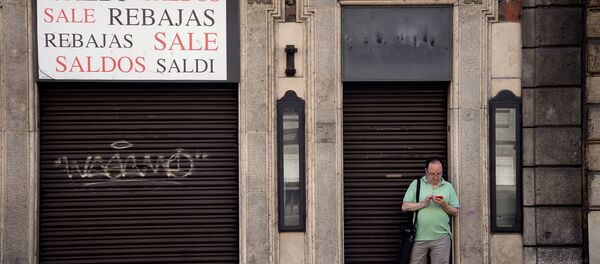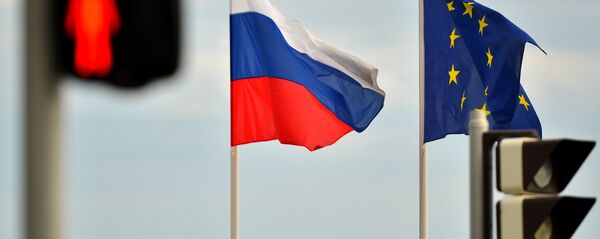Recently, it was reported that in 2015, pasta imports from Italy to Russia dropped by 52 percent against 2014, and the downward trend continued in the first half of 2016.
It was mostly due to a sharp devaluation of the Russian ruble, which has driven the prices up and decreased the purchasing ability of Russian distributors, according to Riccardo Felicetti, president of the Pasta Industry Group at the Italian Association of Confectionary and Pasta Industries (AIDEPI).
At the same time, the Russian market remains strategic for Italian pasta makers. Some major companies have already localized production in Russia.
"Russia’s embargo creates many difficulties despite the fact that it is not related to pasta imports. We’re trying to find a way out, including localization of production at new factories in Russia. Currently, already three Italian companies are making high-quality pasta in Russia," Felicetti said in an interview with Sputnik Italia.
Felicetti underscored that despite sanctions and financial problems, Italian pasta makers will continue their attempts to conquer the Russian market.
"Our company is not large, and so far we are not considering a factory in Russia. But we sell our products to Russia. We have offices in Moscow and St. Petersburg, and we will try to expand our presence in the Russian market," he added.
Western sanctions against Russia and the responsive Moscow’s food embargo has been a headache for Italian businesses that has longtime cooperation with Russia. Representatives of Italian business elites have repeatedly called to ease or remove sanctions, citing the negative effect of sanctions on their operations.
In an interview with RIA Novosti, president of the Chamber of Commerce of the Pesaro and Urbino province Alberto Drudi said that only by mid-2016, 44,000 companies from his region lost 35 percent of their exports to Russia, which caused damages of €88 million ($95 million).
Moreover, during the October European Union summit in Brussels, Italian Prime Minister Matteo Renzi led a group of countries endorsing removal of sanctions against Russia.
"Therefore, he decided that he needs to win the support of an increasing number of influential people ahead of next month's referendum on the possible amendments to the Italian Constitution, the result of which will certainly affect his own political career," Chiesa wrote for Sputnik Italia.
The United States, the European Union and some of their allies have imposed several rounds of sanctions against Moscow over Crimea’s reunification with Russia in 2014 and Moscow's alleged involvement in the conflict in Ukraine. In turn, Russia has repeatedly denied the allegations.
In response, Moscow imposed a year-long food embargo on the countries that had sanctioned it, which was later prolonged as the sanctions had been extended.






